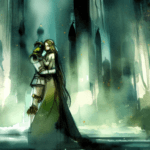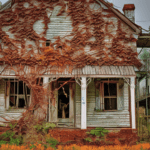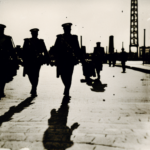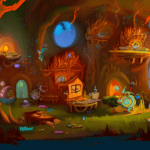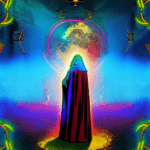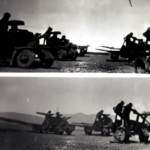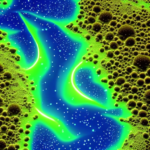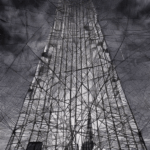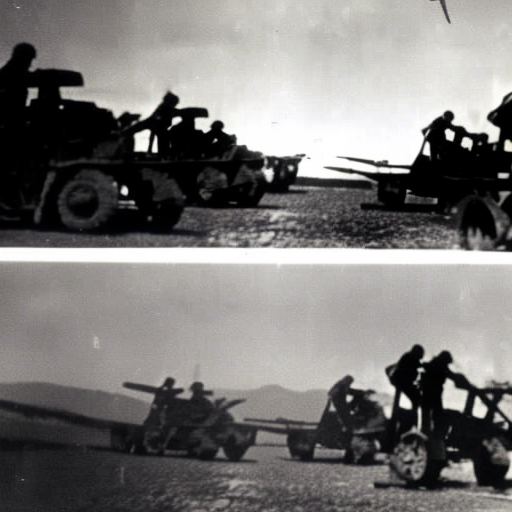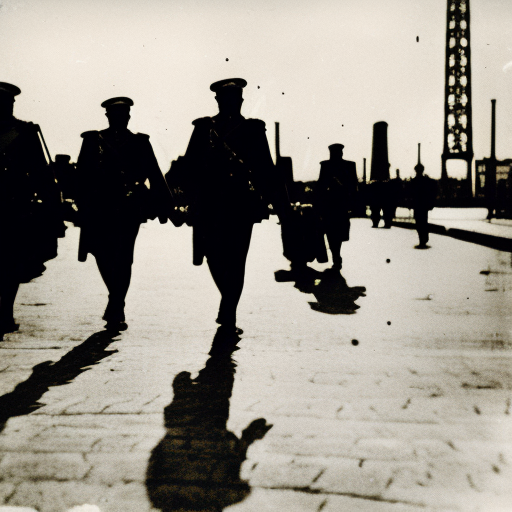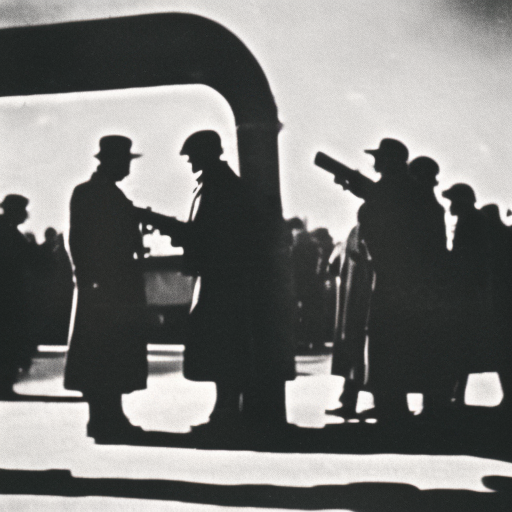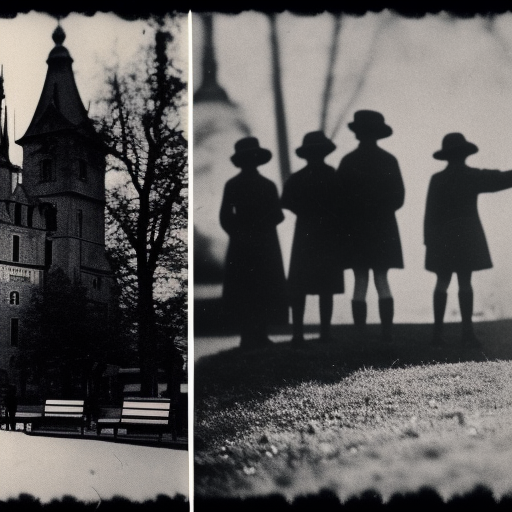The Spanish Civil War (1936-1939)
The Spanish Civil War was a conflict that took place in Spain from 1936 to 1939 between the Nationalist forces, led by General Francisco Franco, and the Republican forces, which consisted of various leftist groups. The war was a result of political and social tensions that had been building up in Spain for many years.
Causes of the Spanish Civil War
The causes of the Spanish Civil War can be traced back to a combination of political, social, and economic factors. The rise of fascism in Europe, particularly in Italy and Germany, influenced right-wing groups in Spain, who sought to establish a similar authoritarian regime. Additionally, Spain was facing economic difficulties, with high unemployment rates and a large gap between the rich and the poor. These factors, along with political instability and regional tensions, created a volatile environment that eventually led to the outbreak of the war.
Course of the War
The Spanish Civil War began on July 17, 1936, when a group of military officers staged a coup against the elected Republican government. The Nationalist forces, led by General Franco, quickly gained control of large parts of Spain, including the majority of the army and the most important cities. The Republicans, on the other hand, were supported by various leftist groups, including socialists, communists, and anarchists.
The war was characterized by intense fighting and brutal tactics employed by both sides. The Nationalists received support from fascist Italy and Nazi Germany, who provided troops, weapons, and other resources. The Republicans, on the other hand, received limited support from the Soviet Union and international volunteers, known as the International Brigades.
The war was marked by several significant battles, such as the Battle of Madrid and the Battle of Guernica. The latter, in particular, gained international attention due to the bombing of the town of Guernica by German and Italian air forces, resulting in widespread destruction and civilian casualties.
Outcome and Legacy
The Spanish Civil War ended on April 1, 1939, with the victory of the Nationalist forces. General Franco established a dictatorship that lasted until his death in 1975. During his rule, Franco implemented a policy of repression and censorship, suppressing political opposition and promoting a nationalist and conservative ideology.
The war had a profound impact on Spain and the world. It served as a prelude to World War II, with both fascist and anti-fascist forces gaining experience and testing new military strategies and technologies. The war also highlighted the divisions within Spanish society and the destructive power of ideological conflicts.
Internationally, the Spanish Civil War became a symbol of the struggle between democracy and fascism. Many intellectuals, artists, and writers, including George Orwell and Pablo Picasso, were inspired by the Republican cause and used their work to raise awareness about the war.
The Spanish Civil War also had long-lasting effects on Spain’s political and social landscape. The war left deep scars and divisions within Spanish society, which continued to shape the country’s politics for decades. It was not until after Franco’s death and the transition to democracy in the late 1970s that Spain began to heal these wounds and reconcile with its past.
In conclusion, the Spanish Civil War was a complex and brutal conflict that had far-reaching consequences. It was a clash between the Nationalist forces, led by General Franco, and the Republican forces, composed of various leftist groups. The war was caused by a combination of political, social, and economic factors and resulted in the establishment of a dictatorship under Franco. The war’s legacy continues to shape Spain’s history and serves as a reminder of the destructive power of ideological conflicts.
